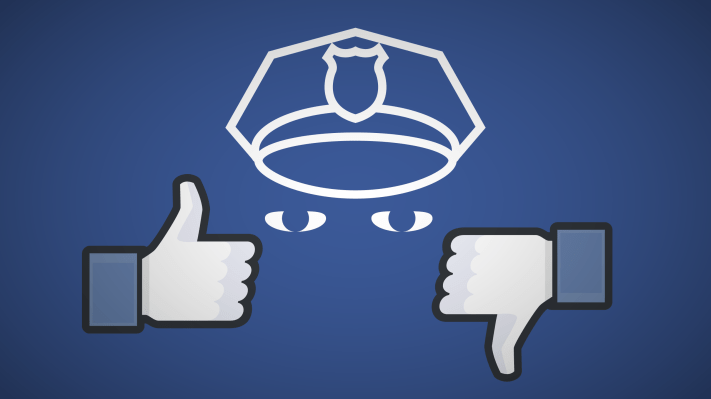Facebook says it’s taking another step against Pages that share fabricated news stories.
The company has already been working with outside fact-checkers like Snopes and the AP to flag inaccurate news stories. (These aren’t supposed to be stories that are disputed for reasons of opinion or partisanship, but rather outright hoaxes and lies.) It also says that when a story is marked as disputed, the link can can no longer be promoted through Facebook ads.
The next step, which the company is announcing today, involves stopping Pages that regularly share these stories from buying any Facebook ads at all, regardless of whether or not the ad includes a disputed link.
Facebook was criticized last year for its role in helping to spread of fake/false news. (The company is using the term “false news” for now — “fake news” has become heavily politicized and almost meaningless.) Product Director Rob Leathern said the company has been trying to fight back in three ways — ending the economic incentive to post false news stories, slowing the spread of those stories and helping people make more informed decisions when they see a false story.
In this case, Leathern said blocking ad-buying is meant to change the economic incentives. Facebook is concerned that “there are Pages posting this information that are using Facebook Ads to build audiences” to spread false news. By changing the ad policy, Facebook makes it harder for companies to attract that audience.
Facebook isn’t specifying the exact numbers of disputed links a Page can share before it gets blocked — after all, the company doesn’t want people to try to game the system — but Leathern said, “Obviously, it’s not a single instance. It’s a repeated pattern of misinformation.”
He also noted that the ban on buying ads isn’t necessarily permanent. If a Page stops sharing false stories, it should eventually be able to buy ads again.
